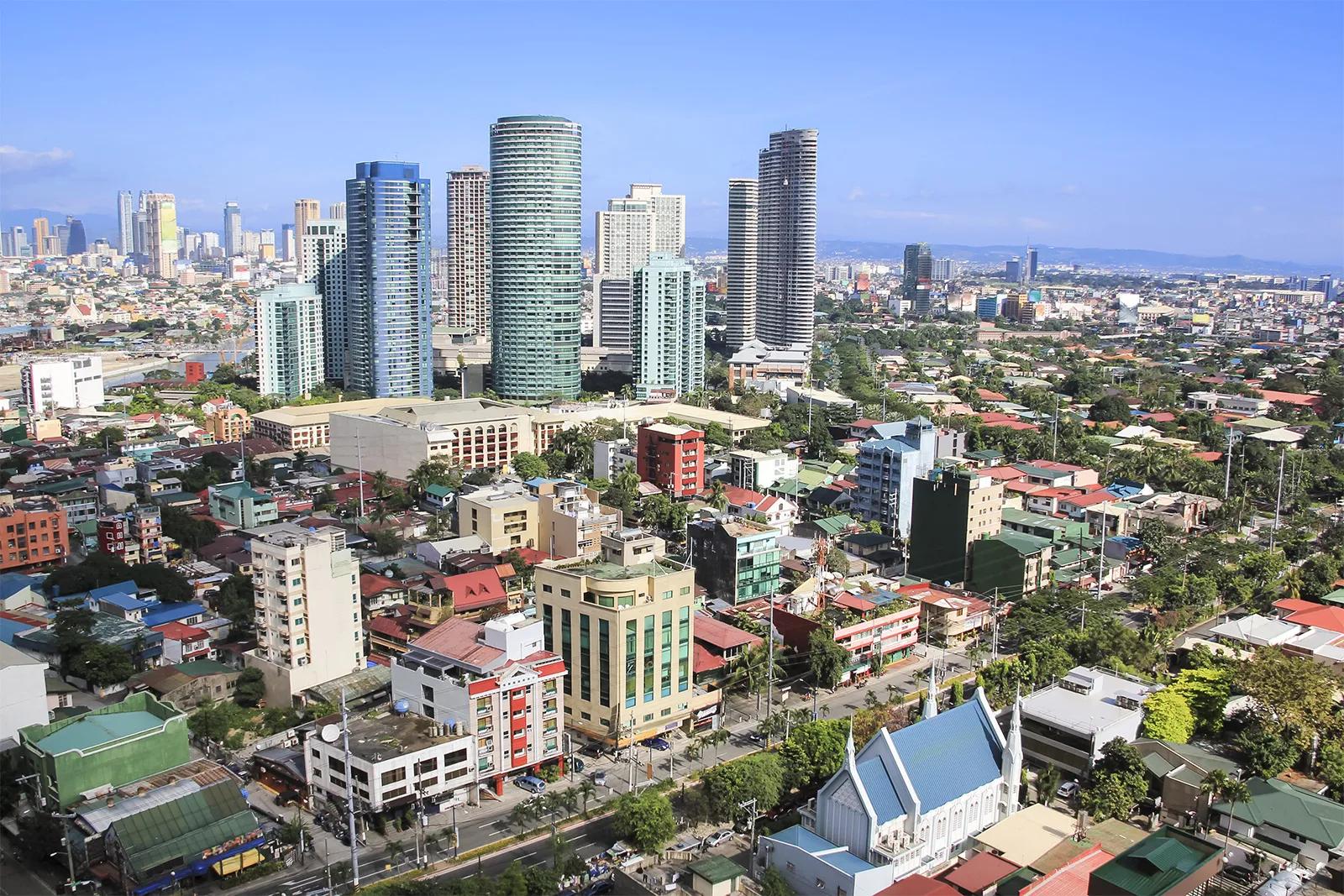Economic think tank IBON Foundation strongly doubts that further changes in the constitution would result in increased and sustained foreign investments, ergo economic development for the country, as laws passed in the previous administration already contained allurements for foreign investments.
Legislators and the administration of President Ferdinand Marcos, Jr.’s push for charter change (by whatever means) will only bring the same foreign investment liberalization that has raised the country’s development for decades but left millions of Filipinos languishing in poverty and desiring, but not finding, jobs.
It raised four arguments why “Cha-cha” is a “non-solution” and will only perpetuate the country’s ills: 1) more foreign investments does not mean development; 2) foreign investment has not fundamentally developed the country, but gave only fleeting short-term gains; 3) Philippine development does not depend on opening up the economy and 4) reducing so-called restrictiveness does not even guarantee foreign investment.
The IBON said the current stock of foreign investment is now 28.3 percent of the country’s gross domestic product (GDP), which means that the Philippines now has more foreign investment than China, South Korea or Taiwan did during their economic take-off in the 1970s and 1980s.
“This shows that large foreign investment is neither necessary nor sufficient for development,” the think tank said.
Majority of total approved investments though have gone into foreign-dominated manufacturing of 52 percent of foreign direct investments (between 2011 and 2022) rather than domestic agriculture and Filipino industries.
Yet despite the annual average increase of $187 million since the 1980s in foreign investments allowing 100 percent foreign ownership, the manufacturing sector is at its smallest GDP share in 75 years at 17.6 percent (the lowest since 1949’s 16.3-percent growth) for the first three quarters of 2023.
There has also been a conspicuously large decline in the sector’s employment to its lowest in 20 years.
Meanwhile, the GDP share of agriculture is at its lowest in history at 8.4 percent.
It added that the outdated reason for accelerating globalization under the proposed Cha-cha is not just antiquated, especially after the 2008-2009 global financial and economic crisis but that worldwide, protectionism and investment regulation have been growing since then and foreign trade and investment have plateaued amid slowing global trade and growth.
“Global growth is expected to slow for a third consecutive year to 2.4 percent in 2024, with global growth in 2020-24 marking the slowest half-decade of growth in 30 years. International trade is also losing its steam as a growth driver with global trade growth weakening to 0.6 percent in 2023. Global investment growth is likewise expected to remain tepid,” IBON added.
Faced with a global economic downturn, most countries have reevaluated and backtracked on investment liberalization, with 60 governments terminating 405 international investment agreements (IIAs) as of March 2023, IBON said citing the United Nations Council for Trade and Development’s (UNCTAD) Investment Policy Hub’s report.
In contrast and consistent with its unchanged foreign investment fixation, the Philippines has 41 IIAs in force including three new ones signed since 2008, it said.
Despite further liberalization being touted by the Marcos administration, net FDI of $6.5 billion in the first 10 months of 2023, this was down by 18% from the comparative year before it and is barely half the recent peak of $12 billion in 2021.
IBON said that ultimately, the foreign investment the government hopes to attract with economic Cha-cha will only benefit local oligarchs and foreign corporations.
The group stressed that FDI contributes to domestic development only when strictly regulated and best in the context of national industrialization policy – as done historically and currently by the world’s biggest industrial powers.
IBON Executive Director Sonny Africa went on to say that Cha-cha is a “reckless surrender to foreign capital.”
#Economy #Chacha #CharterChange #Constitution #OpinYon #WeTakeAStand
